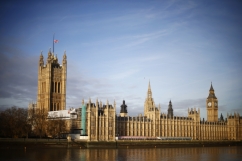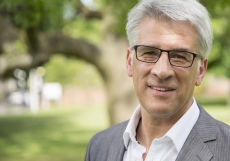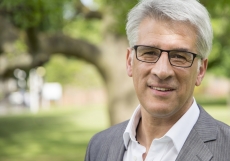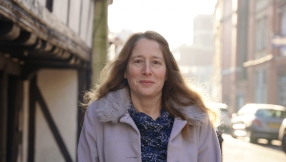Faith-based organisations must not hide their religious basis or intentions when engaging with public services, a new report has said.
The study by Theos, a Christian-based religion and society think tank, suggests that as welfare spending diminishes, charities with a religious basis are playing an increasing role in society. But those that do so often face hostility from local governments and other public bodies.
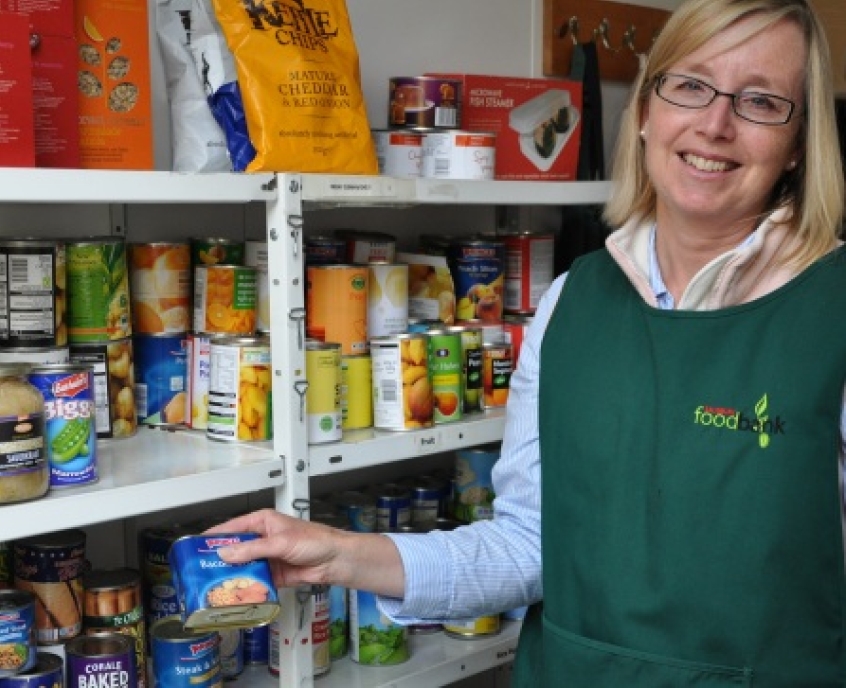
"There is an on-going suspicion that people have of the underlying motivations behind faith based organisation," said Paul Bickley, the report's author at its Westminster launch.
"They are subject to subtle, or not so subtle, pressures to drop their faith basis."
'The Problem of Proselytism' was commissioned to examine the evidence surrounding faith-based organisations' engagement with providing public services.
Local authorities fear that charities with a religious basis prioritise their own faith agenda over the public good and will use their role in providing services to improperly force, bribe or coerce people into converting, the report said.
However it found that there was "little evidence" to suggest that faith based charities actually engage in proselytism.
"Accusations of proselytism tend to be attempts to restrict faith-based social action," said Bickley.
Charities, he said, must not hide their religious beliefs or practices but should be free to offer spiritual help as well as financial aid.
"Faith based charities shouldn't talk themselves into a position where it's impossible to recognise the spiritual aspect of people's lives and experience.
"If we understand it properly and respond maturely, the problem of proselytism should be recognised as what it is – no problem at all."
Although there is little evidence of faith-based organisations (FBOs) abusing their position of service to proselytise, they must be honest about their intentions and interests when engaging with public bodies, Bickley argued.
"Religious deonominations and faith-based organisations do and should recognise that the condition of public engagement is prioritising the public good," the report reads. In others words, if religious charities want to offer public services such as food banks, they must acknowledge their priority must be the public good of providing that service, not preaching the gospel.
The report made the distinction between different organisations that sought to realise their religious ethos in different ways. Rather than defining agencies as 'secular' or 'religious,' the study distinguishes between "'full-fat,' 'half fat' and 'low-fat' approaches to their faith.
"The best practice for faith-based organisations is transparency," he said in the panel discussion hosted by FaithAction and Theos.
"They need to have an internal conversation about what they want to achieve," he said. "The key is to understand your own personal and organisational interests and be honest [about] them."
"Clarity is the basis of relationship of trust between FBOs and funders, commissioners, peer organisations and service users," the report reads. "FBOs should speak more about the kind of organisation that they are, rather than they kind of organisation that they aren't."










